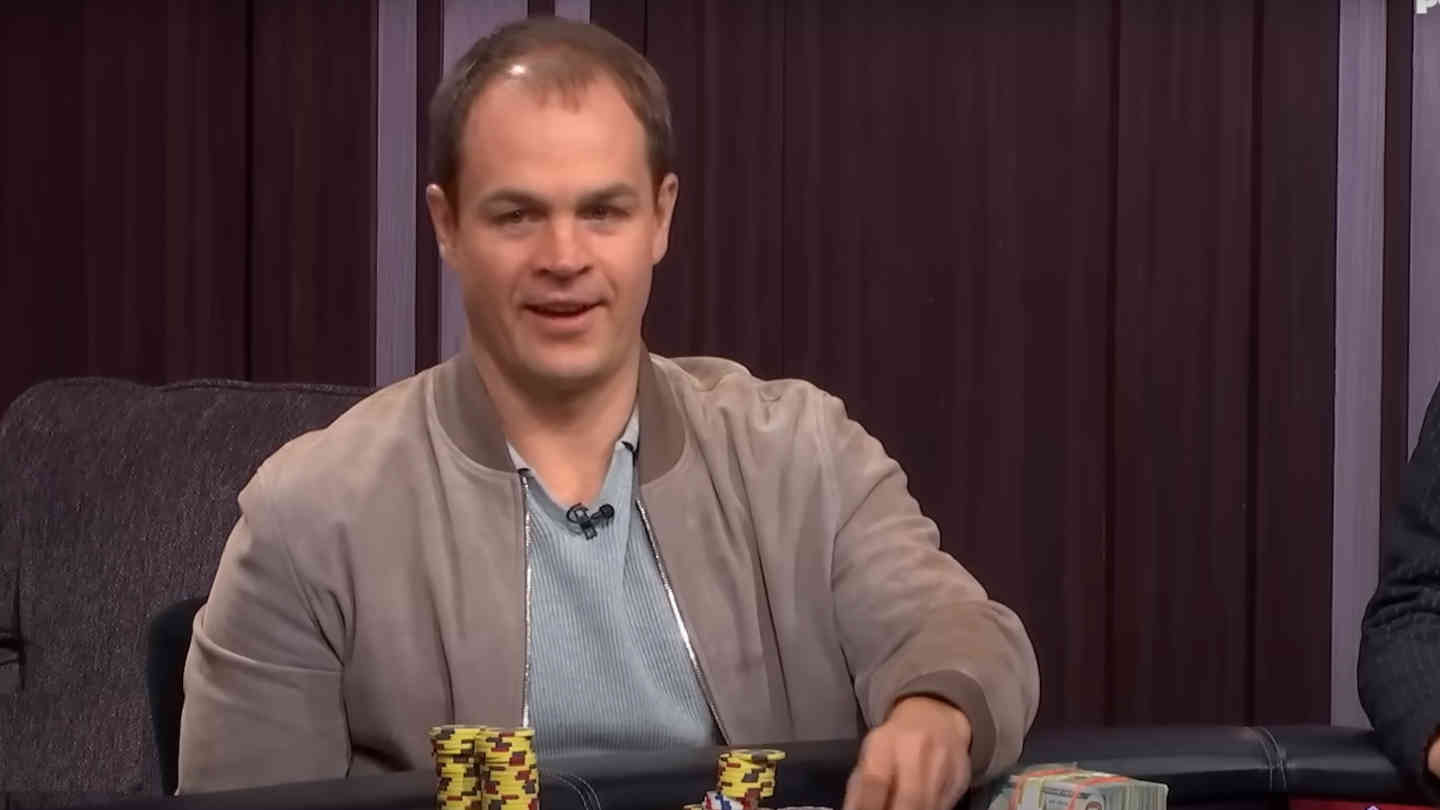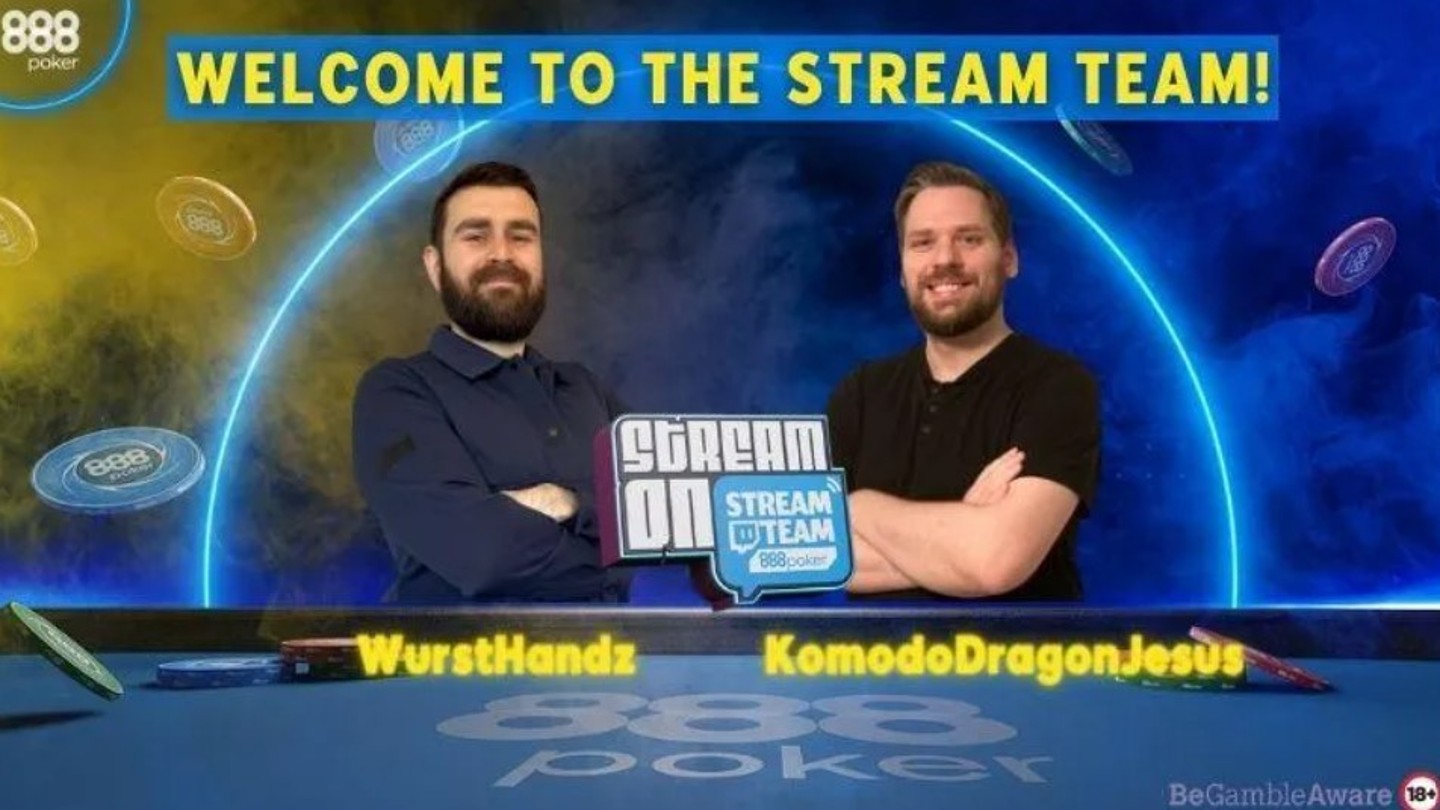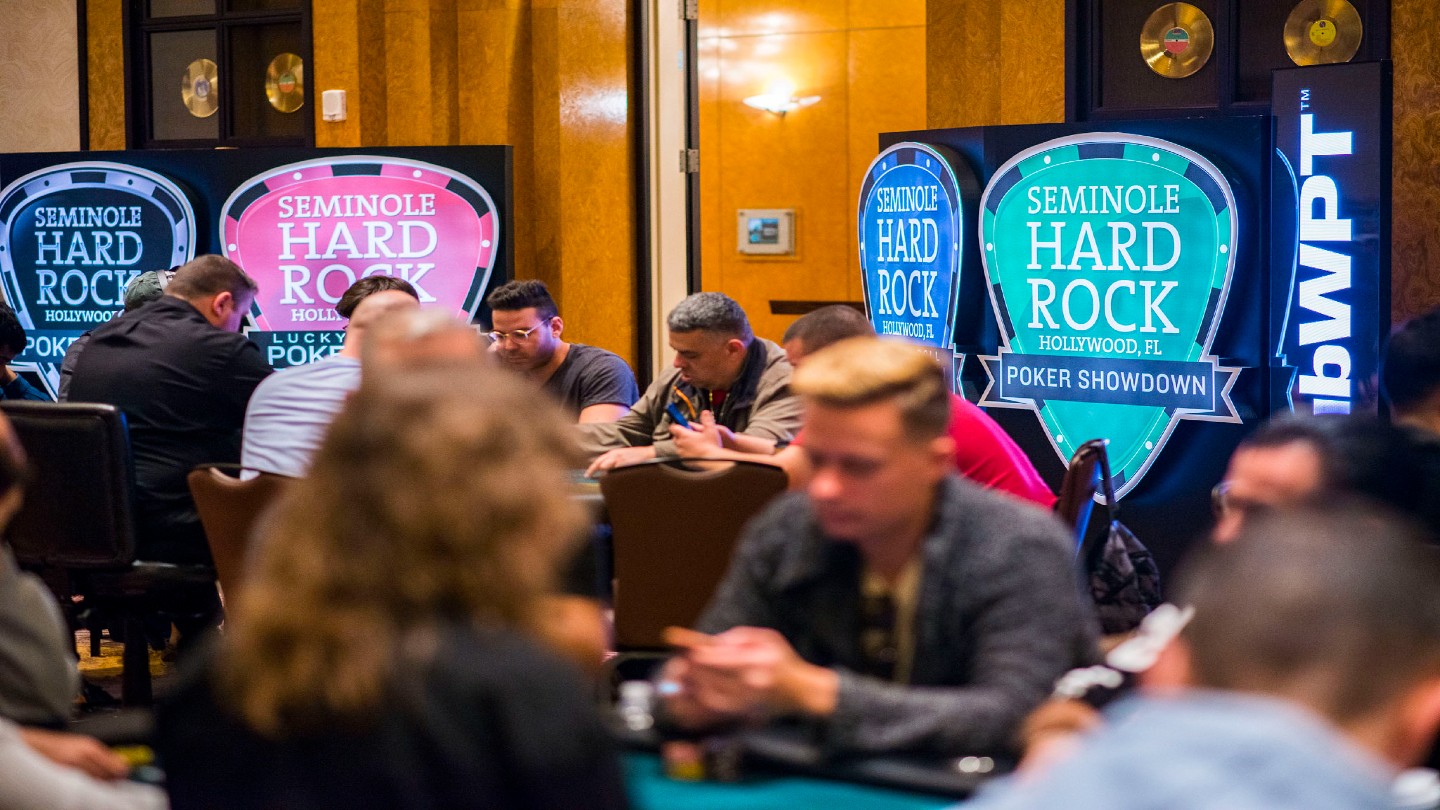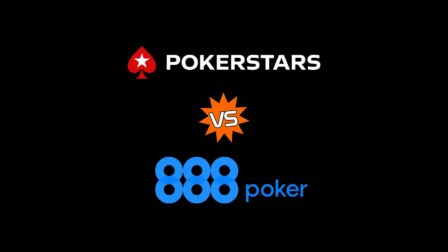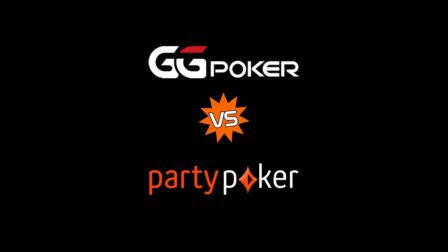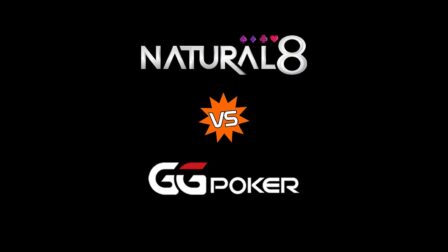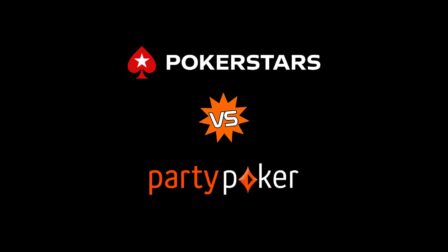Knockout Tournament Mastery by Run It Once – Poker Course Review
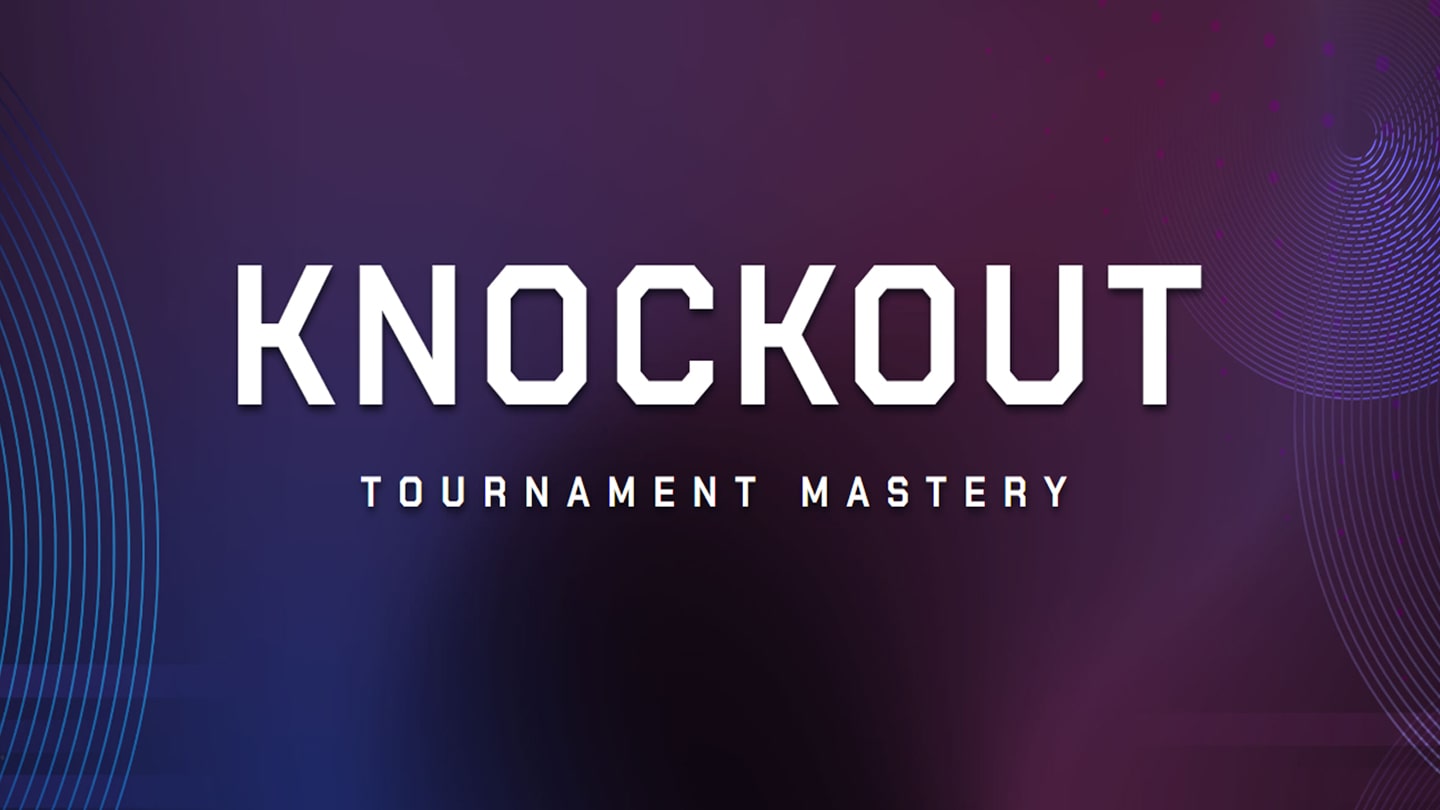
5 minutes
Last Updated: July 29, 2023
The knockout tournament format has been around for a long time, but over the past few years, it has become a mainstream game at the top poker sites, becoming more popular than traditional freezeouts.
KO tournaments, in their different variations (standard, progressive, and, recently, mystery bounties), are found on daily schedules and are regular fixtures in almost all major live and online series.
This means that the need for strategic resources addressing this particular format is bigger than ever, and the new Knockout Tournament Mastery course by RIO Poker is one of the best you can get your hands on. Check it out yourself.
The course is presented by Alex “Pwndidi” Theologis, a successful tournament grinder with over $12 million in cashes so far in his career. Alex is an excellent all-around tournament player, but in this course, he focuses on PKOs and digs deep under the surface to explain all the intricacies of this format.
What's Inside Poker Knockout Mastery Course?
The course contains everything you need to take your KO game to the next level. Alex starts with the foundations and builds upon them, slowly taking you through different lessons.
After explaining how the course is structured in the initial video, he covers several major topics, discussing deep and short stack play (opening, 3-betting, jamming), with a couple of videos especially focusing on the play from the blinds.
The next batch of lessons talks about postflop adjustments in different scenarios and ICM implications in PKOs, and how they are different from those in regular tournaments.
There is also one video devoted specifically to the Mystery Bounty format, and given the fact there are more of these events added to various series, it's definitely a very useful model that adds to the overall course value.
In addition to theoretical lessons, there are ten extensive poker hand review videos. These can help you better understand different concepts discussed in the theoretical part and can be a nice change of pace if you still feel like learning but need something different to stay focused.
PKO Tournaments from Top to Bottom
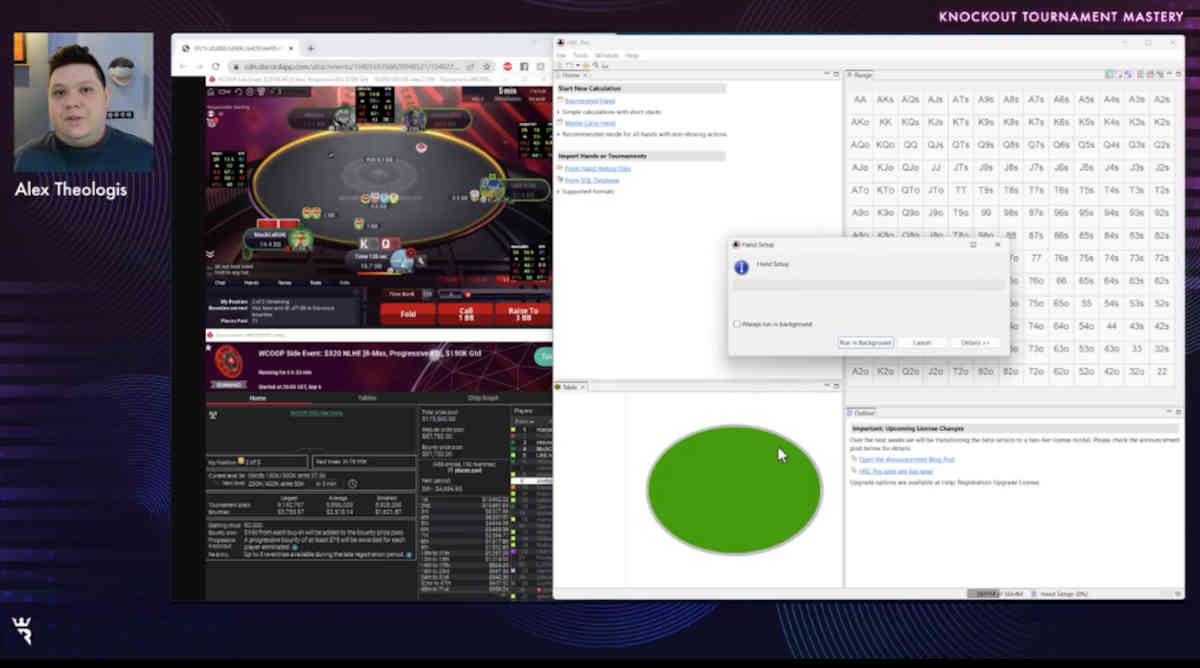
If you're new to PKOs or simply haven't studied the format a lot, there is a lot to learn. These tournaments differ in many aspects from your traditional MTTs. This RIO course does a great job explaining all the aspects you should be thinking about when at the tables.
Theologis begins with a rather basic introduction that tells you how to figure out a value of a bounty to help you make a decision on the spot. He even offers a simplified method to do these calculations in-game without vesting too much time.
In this video, you'll also learn about other, less tangible but still very relevant concepts, such as future EV of your decisions, how the makeup of the table can influence what you do, and more.
After addressing these general concepts, the RIO Poker Knockout Tournament Mastery course gets more “serious.” Alex moves on to discuss very specific situations, such as:
- Opening ranges & jamming ranges (depending on the stack size)
- 3-betting
- Blind vs. blind play
There are two lessons covering each topic from the position of a big stack and a short stack. The stack size plays an even bigger role in PKOs (can you eliminate your opponent and claim their bounty, or is it the other way around).
Lessons last between 20 and 30 minutes and usually start with Alex looking at what he calls “vanilla” ranges, i.e., the ranges you'd use in a regular tournament. He uses these hand ranges as the starting point and then indicates differences and adjustments required in the PKO format.
The entire course includes a lot of math, charts, and calculations. To understand what Theologis is talking about, you'll need to really focus and take lessons one at a time. While they are not very long, skimming through them won't do you much good.
Poker Knockout Mastery: Postflop Play
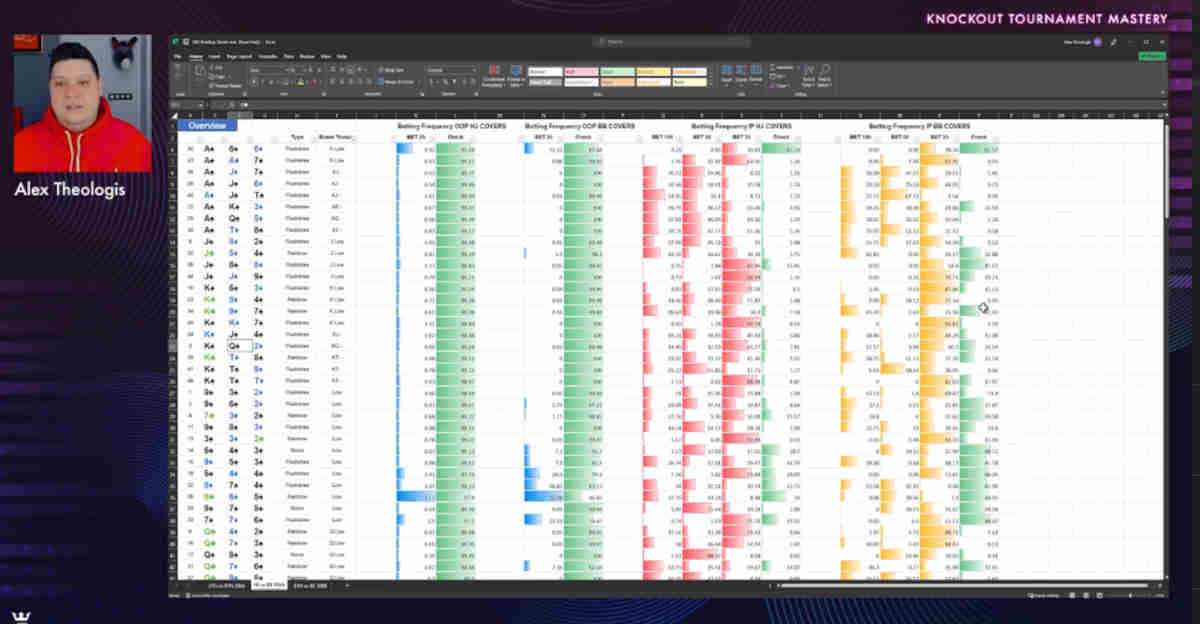
After talking about various preflop adjustments, such as calling more often instead of 3-betting and even limping in certain situations (which is something you won't see in regular tournaments, at least not by good players), Alex moves on to talk about the postflop play.
Two videos, each about half an hour long, dive into required postflop adjustments, focusing on one important aspect. Are you the covering stack, or your opponent(s) have you covered?
In PKOs, there is much more value attached to eliminating players, so your strategy against the opponents you have covered will change significantly in some spots.
While this is not a big secret, as everyone knows that winning bounties is good, Alex does a great job of explaining how exactly to make correct adjustments and what the reasoning behind these adjustments is.
ICM & Final Table
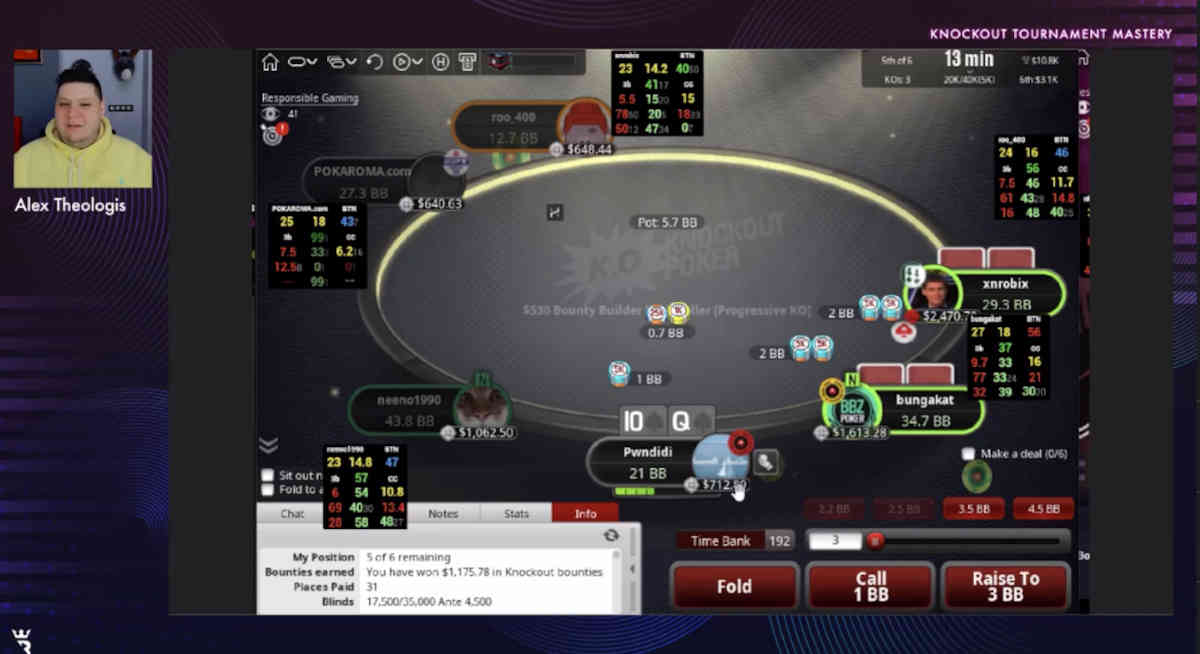
The final few lessons in the RIO Poker Knockout Tournament Mastery Course talk about ICM, another hugely important concept in tournaments. So, how does ICM change in PKOs, and what are things to consider? How to balance the existence of bounties with the regular prize pool?
The final table play in PKOs can be particularly complicated. These few videos are really worth watching several times. Alex addresses many points that you may have been confused or uncertain about.
One good example of this is how the value of bounties (expressed in terms of big blinds) starts to decrease. Many players tend to overvalue KOs, but at the final table stage, it's important not to lose sight of the regular prize pool, either.
One interesting topic that Theologis touches upon in the final video is that of overlays. In overlay scenarios, the value of the bounties starts to drop (as there are fewer players), and the main prize pool becomes more valuable.
Value for Money: Is Poker Knockout Tournament Mastery Worth It?
All things considered, how good is the RIO Poker Knockout Tournament Mastery course, and is it the one for you? As is often the case with poker training, the answer is – it depends.
Alex “Pwndidi” Theologis has done a really thorough job explaining knockout tournaments, breaking them down to the smallest details. If you want to understand what is at the core of these tournaments, how they work, and where the value comes from, this course will help you.
It will also give you a breakdown of all the different poker strategy adjustments you need to make based on your stack size and other stack sizes and provide valuable pointers about common mistakes to avoid.
On the flipside, consuming all that knowledge and internalizing it is not an easy task, even with all the great hand examples you'll find inside this course.
So, the bottom line is this is a good pick if you're really interested in PKOs and want to improve your results.
This course isn't a “quick fix” of any kind. The knowledge inside is valuable and not widely available, but you have to put in the work to make that knowledge your own. If you do that, it will be highly worth your time and efforts, so check out this course yourself.







